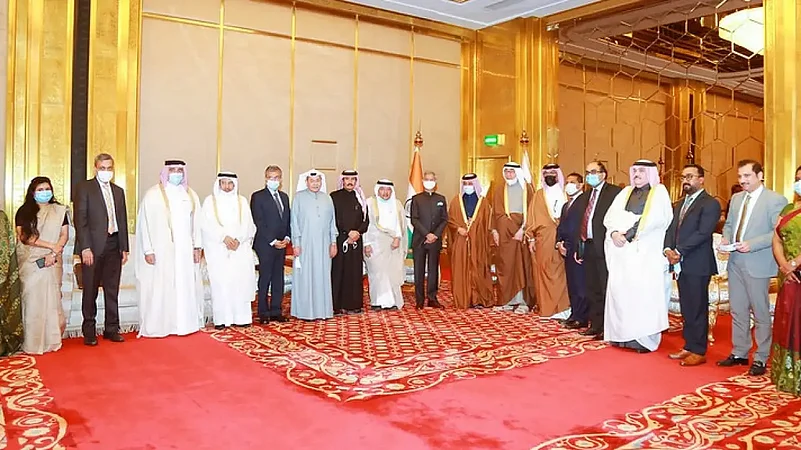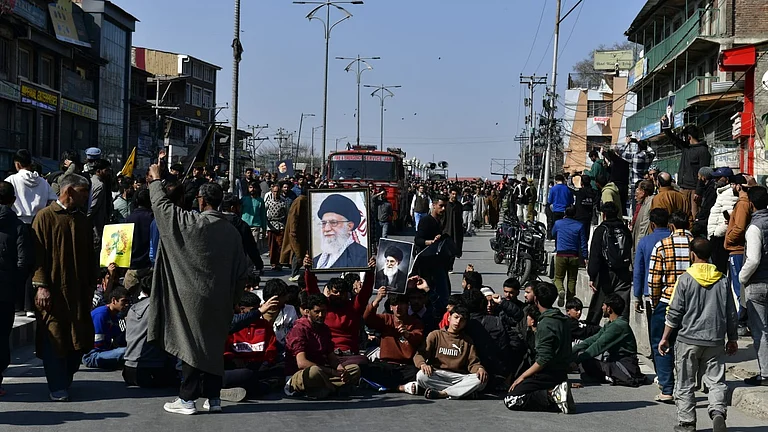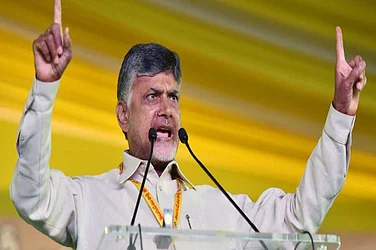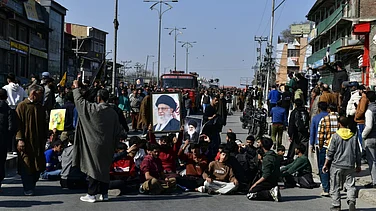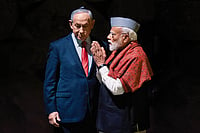Sunday’s protests by Qatar and Kuwait, two important members of the Gulf Cooperation Council, is a wake up call for India. Irresponsible comments by ruling party spokespersons can have a negative impact on India’s foreign policy. Moreover this has come on the heels of the US State Department’s International Religious Freedom report which was released a few days back.
The loose talk by BJP’s spokesperson Nupur Sharma and Naveen Kumar Jindal, its Delhi media head, who tweeted the offensive remarks is now being dubbed by the Indian embassy in Qatar as the views of "fringe elements’’ but this is far from the truth. Rising intolerance and religious polarisation have become common and could lead to widespread social unrest, affecting not just India’s image as a secular pluralistic democratic nation but also indirectly its growth story. It is time for the government to check the belligerence of the ruling party cadres who have pretty much got away with flouting the law.
The government has taken swift action by suspending BJP spokesperson Nupur Sharma and expelling Naveen Kumar Jindal, the chief of its Delhi media cell Naveen Kumar Jindal, for the controversial comments on Prophet Muhammad and the tweets that followed. The comments have led to a demand for boycott of Indian goods and Indian movies. If this spreads across the Gulf Cooperation Council member states, where around seven million Indians work, it could be disastrous all around.
The irony is that India’s relations with the Gulf region had never been better. Prime Minister Narendra Modi himself has played the catalyst in transforming political and economic relations with the region. It would be unfortunate if all the hard work of the PM in changing the equation between the region and India go to waste unless New Delhi does a course correction in its domestic politics.
Also it is time for party spokespersons to talk more sensibly on television channels. It is common sense that any controversial statements on the Prophet is sacrilege to Muslims not just in India but around the world. The reactions to such words were bound to reverberate.
The Indian embassy in Qatar, while issuing a long statement that the tweets by the party spokesperson did not in any way reflect the views of the government, which respected all religions, also added that “Vested interests that are against India-Qatar relations have been inciting the people using these derogatory comments.” This could be true, but such elements inimical to India’s growing friendship with the Arab world, are emboldened when New Delhi does not keep its house in order. A pragmatic government must take care to ensure that such forces do not get the chance to fish in troubled waters.
The rulers of the Gulf states generally keep aloof from commenting on the domestic issues of other countries. Most of the rulers of the Gulf kingdoms are authoritarian and often abuse their own citizens, however when it comes to comments on the Prophet they do react as they cannot ignore the sentiment of faithful Muslims from the mosque and the bazaar.
Growing religious intolerance in India was also mentioned in the US report.Secretary of State Antony Blinken said while releasing the review on religious freedom, spoke of rising intolerance around the world and pointed a finger at India.
“For example, in India, the world's largest democracy and home to a great diversity of faiths. We've seen rising attacks on people in places of worship," Blinken said. The MEA in its reaction thrashed the report.



